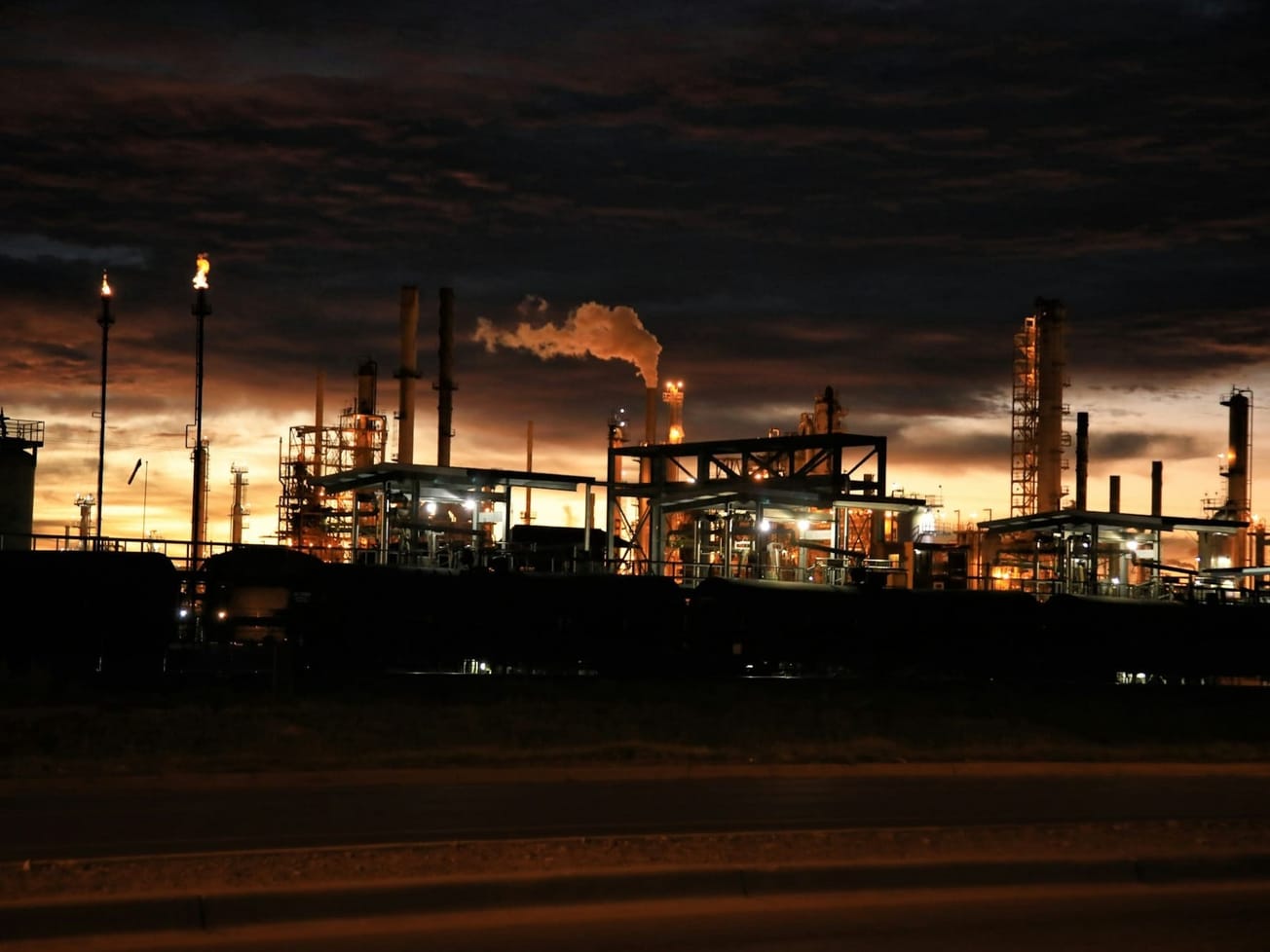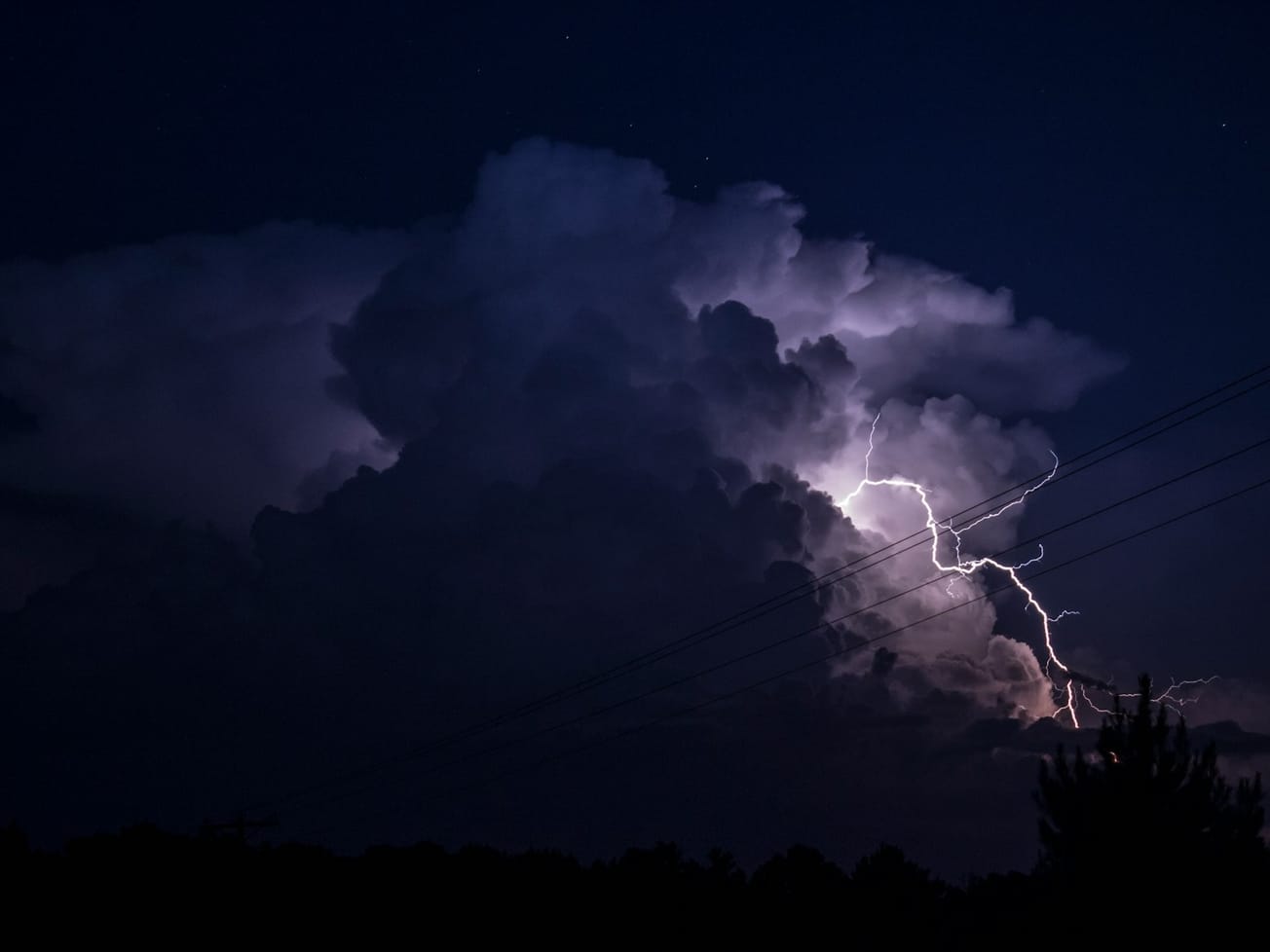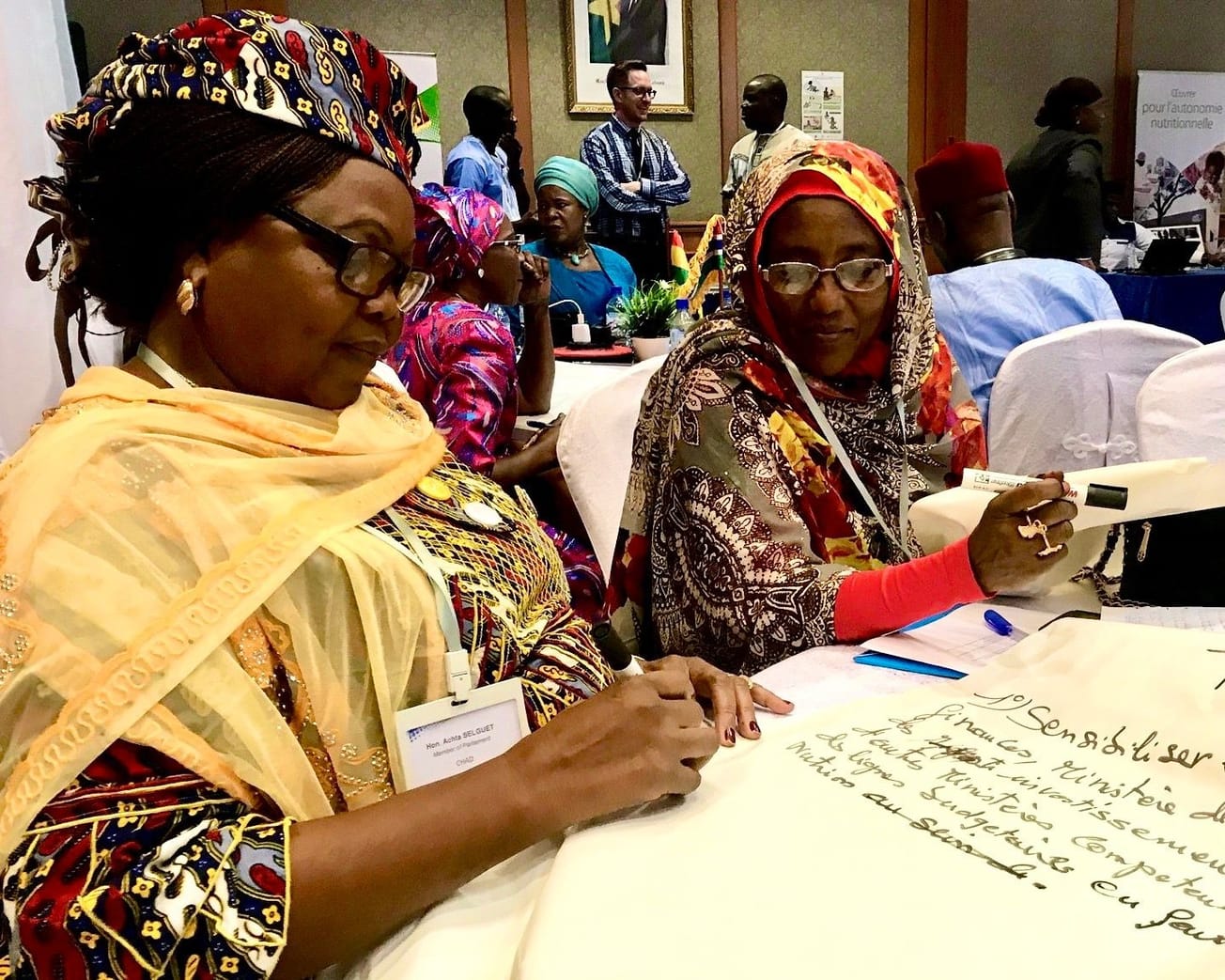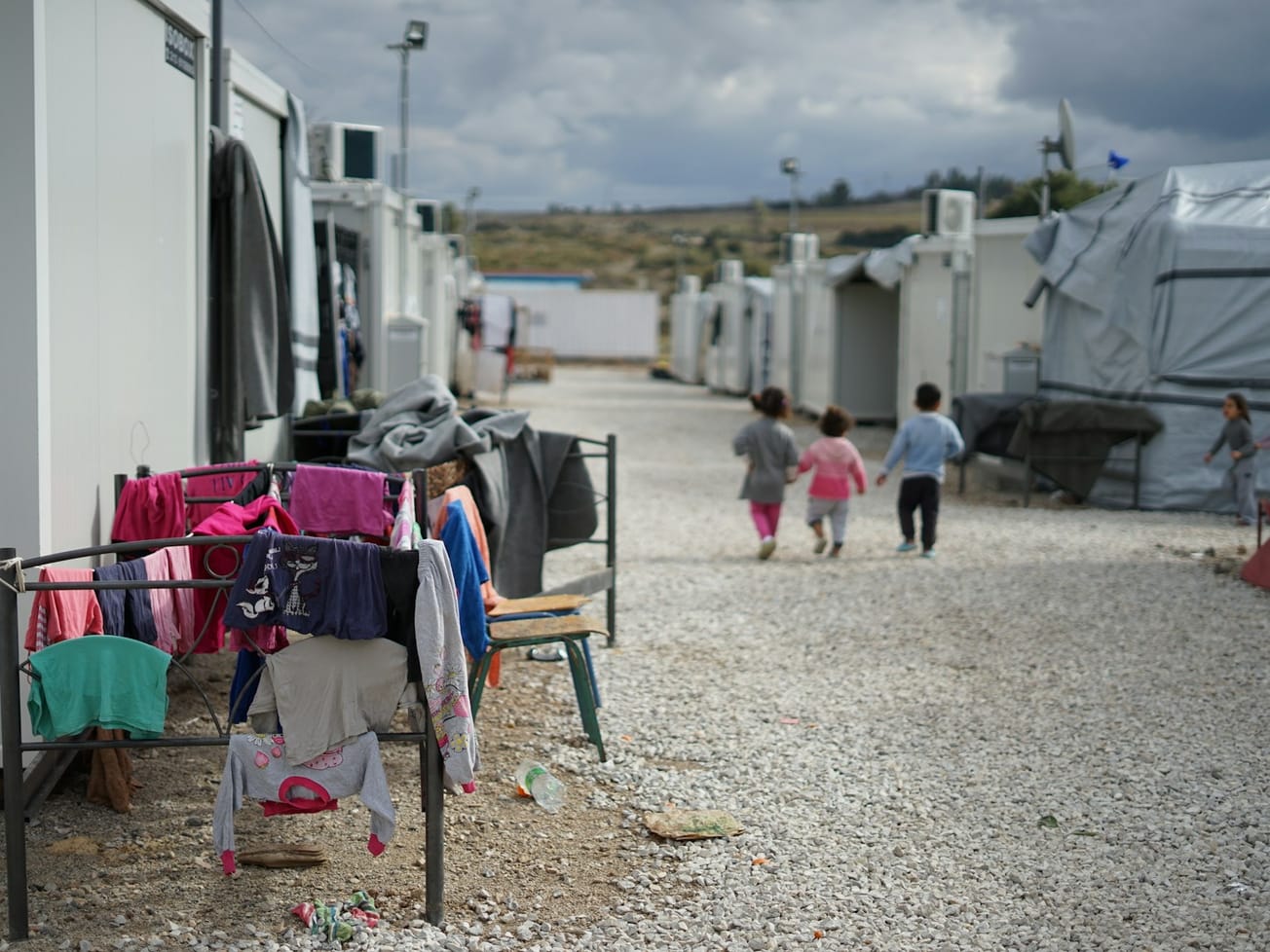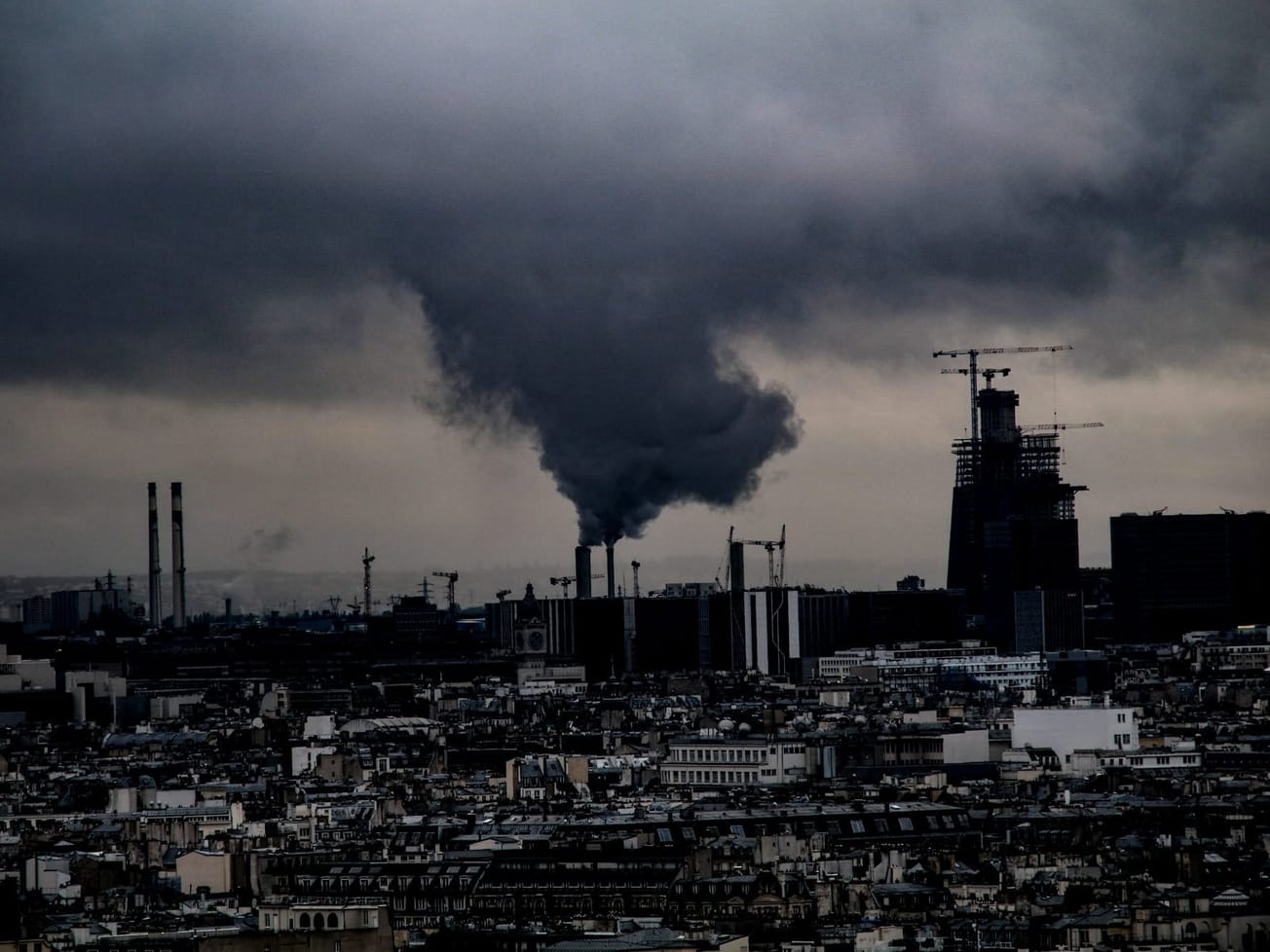
Most nations failed to meet WHO fine particle pollution standards
Ambient fine particulate matter known as PM2.5 is considered the world’s leading environmental health risk factor.
Already have an account? Log in
Ambient fine particulate matter known as PM2.5 is considered the world’s leading environmental health risk factor.
WHO's chief warned that 'a torrent of mis- and disinformation' affects pandemic treaty negotiations restarting this week.
Europe dominates the top rankings as development in half of the world’s poorest nations falls below pre-pandemic levels.
'Minutes to midnight': World hits 1.4° of warming as Dubai summit opens with new report disputing a leader's credibility.
The election adds only the sixth female judge and denies Russia a seat for the first time in the court's 77-year history.
Government plans would blow past limits needed to limit warming to 1.5° Celsius above pre-industrial levels.
The world's five biggest science and technology clusters are now in East Asia; Japan's is the largest and China has the most.
At the end of a weeklong visit, the U.N. investigator's findings of an orchestrated state policy contradict Moscow’s denials.
As climate litigation increases, the body of legal precedent grows, forming an increasingly well-defined field of law.
Delegates in Geneva mustered a non-binding report that essentially prolongs a decade-old geopolitical impasse.
The bottled water industry is expected to grow to $500 billion a year in sales but isn't aligned with the U.N.'s Global Goals.
Six nations have gender parity or a women's majority: Rwanda, Cuba, Nicaragua, Mexico, New Zealand and U.A.E.
The U.N. health agency sought information from Beijing about the COVID-19 surge as nations impose travel restrictions.
Most of the world's 8 billion inhabitants prefer to stay within their nation of birth, but almost 1-in-20 have left that behind.
Concerns are rising about the risk of a "twindemic" of COVID-19 and influenza as their seasons collide this winter.
Indigenous communities have long coped with climate uncertainties. Researchers suggest tapping that knowledge.




